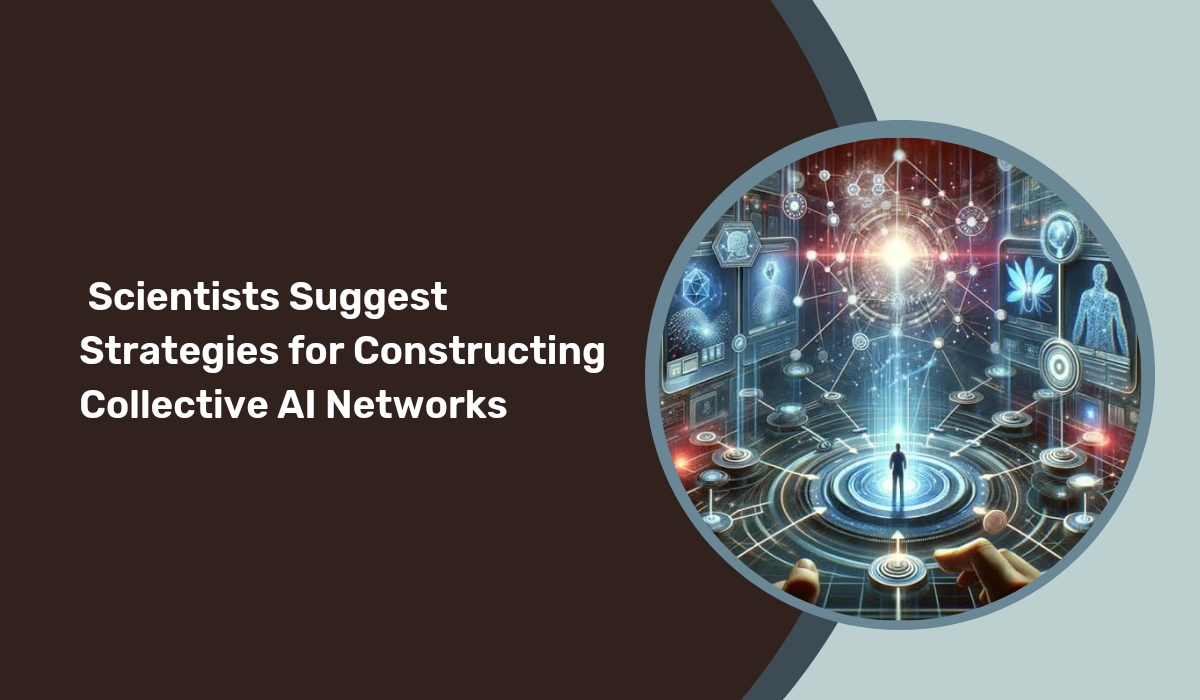
A groundbreaking collaboration between researchers from Loughborough University, MIT, and Yale has introduced the revolutionary concept of 'Collective AI.' This innovative approach, outlined in a perspective paper published in Nature Machine Intelligence, presents Shared Experience Lifelong Learning (ShELL) as a framework for constructing decentralized AI systems comprising multiple independent agents, collectively referred to as "Collective AI."
Functioning akin to a 'hive mind,' these individual AI entities engage in continuous learning and knowledge sharing throughout their lifetimes, challenging traditional centralized monolithic architectures. If realized, Collective AI has the potential to emulate the collective intelligence seen in science fiction phenomena like Star Trek's "The Borg," "The Get" from Mass Effect, or "The Replicators" from Stargate SG-1.
The envisioned ShELL systems, by enabling agents to learn from their own experiences and shared knowledge, promise faster learning, enhanced performance, and increased adaptability reminiscent of biological organisms. Dr. Andrea Soltoggio, the lead researcher from Loughborough University, envisions a future where instant knowledge sharing across a network of AI units facilitates rapid responses to novel situations, challenges, or threats. Drawing parallels to the human immune system, Soltoggio underscores the potential for decentralized AI to revolutionize disaster response, space exploration, personalized medicine, cybersecurity, and multi-agent sensing.
Despite its promising potential, researchers remain vigilant about potential risks associated with Collective AI, such as the dissemination of incorrect or unethical knowledge. To mitigate these risks, they advocate for promoting autonomy among AI units within the collective and balancing cooperation with independence. Proposed mechanisms for implementing Collective AI include lifelong machine learning, federated learning, multi-agent systems, and edge computing, leveraging recent advancements in AI architectures and computing paradigms. The growing interest in decentralized AI, evidenced by recent industry developments and investments, underscores the significance of this pioneering research in shaping the future of artificial intelligence.